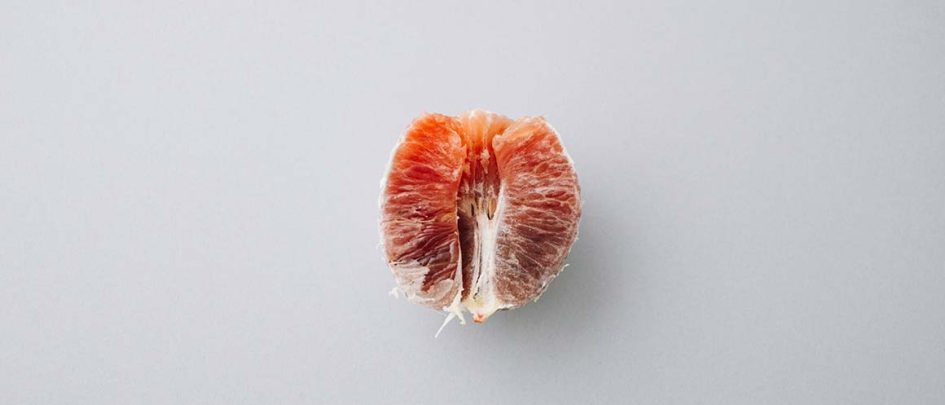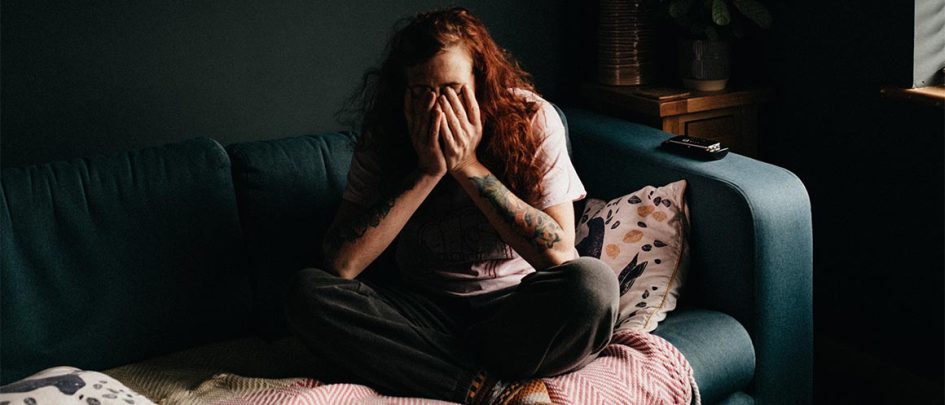Everyone who menstruates deserves period dignity. This means affordable access, shameless access, and broad access to everything women and people need to manage periods – from period products to washing facilities. In short, period dignity is the result of period equity and the solution to period poverty.
The four pillars of what period justice and dignity means:
-
Period dignity is about access
When we speak about period poverty, access to products is usually the central point of focus. Though more than half the population have, will, or do menstruate, too many lack even the basic access to period products to manage their monthly flows. This can lead to missing school or work every month. In fact, in the UK 7% of students who menstruate have been forced to miss school due to their period. It can also lead to having to use toilet paper, used rags, and other non-period products as makeshift alternatives. For some it can mean the choice between food on the table or managing a period with suitable products.
-
Period dignity is about respect
There is no place for shame in period dignity. Shame and taboo surrounding menstruation can be very damaging. It can lead to lack of health access, lack of products, and lack of education. By respecting each other’s bodies, including our periods, we help to remove stigma and shame, making periods easier to navigate with dignity. Respecting people with periods can take many forms. Educating everyone about periods openly and honestly means understanding the needs of those who menstruate without belittling or de-legitimizing their experiences. Allowing privacy or support when needed or providing a safe space where discussions around periods can happen without fear of judgement are all ways of demonstrating respect and period dignity.
-
Period Dignity is about education
Education is a key step in breaking the stigma around periods. Taboo topics become less taboo when they’re discussed openly and respectfully. Period education currently doesn’t cover enough ground to empower people with periods to understand what is happening to their bodies – especially if they may have undiagnosed, period-related health problems. In addition to education around periods in general, education around who has periods and the experiences of periods for traditionally marginalised communities, such as disabled people and people who aren’t women who menstruate is essential.
-
Period dignity is about sustainability
We’re in a climate crisis, as well as a period poverty crisis. As we combat the lack of access to period products, we must be sure we’re also protecting our planet and combating pollution around periods and period poverty. This means more sustainably made period product options becoming widely available and better transparency of what’s in period products. Check out Women’s Voices for the Earth campaign tackling this issue, Detox the Box, calling to eliminate ingredients and materials of environmental concern from period and personal hygiene products. Reusables, plastic-free, compostable, chlorine-free, and organic options must be considered a priority when providing for people with limited access to period products.
Choose Plastic Free Periods
The choice is essential for sustainable period dignity. Choose pads and tampons that are compostable
Find out more
No one should have to experience their period without dignity. Please support those around you in little or big ways to help affirm their period dignity! You can learn more about period poverty and how to help here.












